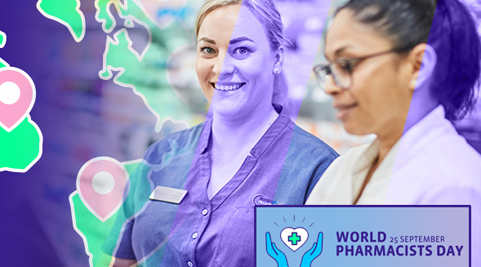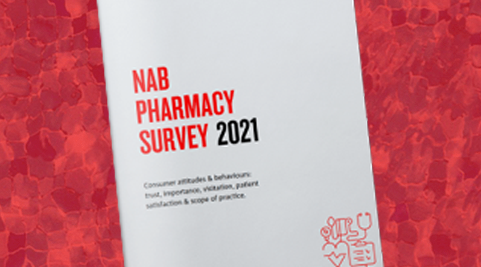Pharmacists are an underutilised health workforce across the nation, particularly in mental health, the chair of the House of Representatives Select Committee on Mental Health and Suicide Prevention, Dr Fiona Martin, told the committee.
“…they often triage and refer to GPs and health professionals. They're the first contact; people have trusted relationships with pharmacists,” Dr Martin said.
“They often have a very important role in managing medication, compliance, monitoring people's health and what have you, more particularly in rural and regional communities than in cities where it's easier, to some extent, to access other health professionals.”
Dr Martin asked what changes could be made to the management, coordination and regulation of mental health services to improve the options for innovative care models that utilised the expertise of pharmacists.
Responding, the NSW Branch President of the Pharmacy Guild, David Heffernan, said that ultimately it was not about one profession, but rather about the patient's journey.
“In order to hit the targets of lowering or preventing suicide, recognising mental health as an illness, differentiating between a normal mood swing and depression for example, requires capacity building in all stages of the patient's journey,” he said.
“If pharmacists are the first port of call, we need to build the capacity and be ready and waiting to intervene where necessary.
“It's unclear where some of the funding that gets thrown towards mental health goes.”
“I think there has been a bit of streamlining into some of the GP related professions in PHNs [Primary Health Networks]. It's marginalised some of the pharmacies in primary care and also in the allied health space as well.
“So, in the funding sense, I think there needs to be clearer lines in the organisation around that.”
Mr Heffernan went on to say the profession was encouraging the concept of the pharmacy as a safe space, and that most pharmacies now had consultation rooms where patients could sit and relax.
“Take Flannery's pharmacy in Forbes. They have a nice, big space. They have a changing table for a young new mother who may be suffering postnatal depression.,” he said.
“It's a place to come in and relax. The staff can take care of things. They have the ability to sit down and say, 'How are you going?' It gives them the chance to say, 'I'm not going that great,' and us the chance to say, 'Well, it's okay to feel not that great.'
“Also, you might have someone who's abusing several illicit substances and is on the poverty scale.
“He might also have pressures with law enforcement and other restrictions in his life. He has a lot of pressures mounting on him, and he can come in and have an initial discussion with the pharmacist and talk about those things.
“An episode doesn't wait for a doctor's appointment. In some country areas we have to wait eight weeks to see a doctor. We do have the health lines.
“We do have various phone services at your fingertips, but ultimately, when it comes to mental health and healthcare in general, people like human-to-human interaction and the ability to have that interface and sit down and talk with that person.”
The transcript of the hearing is available here..


